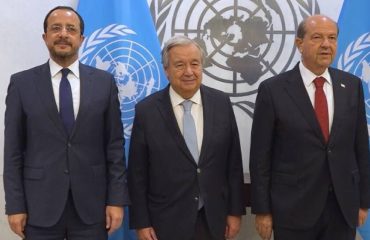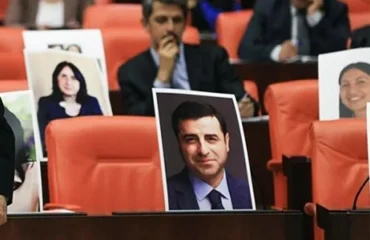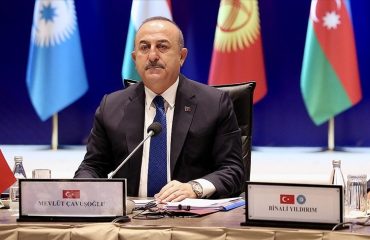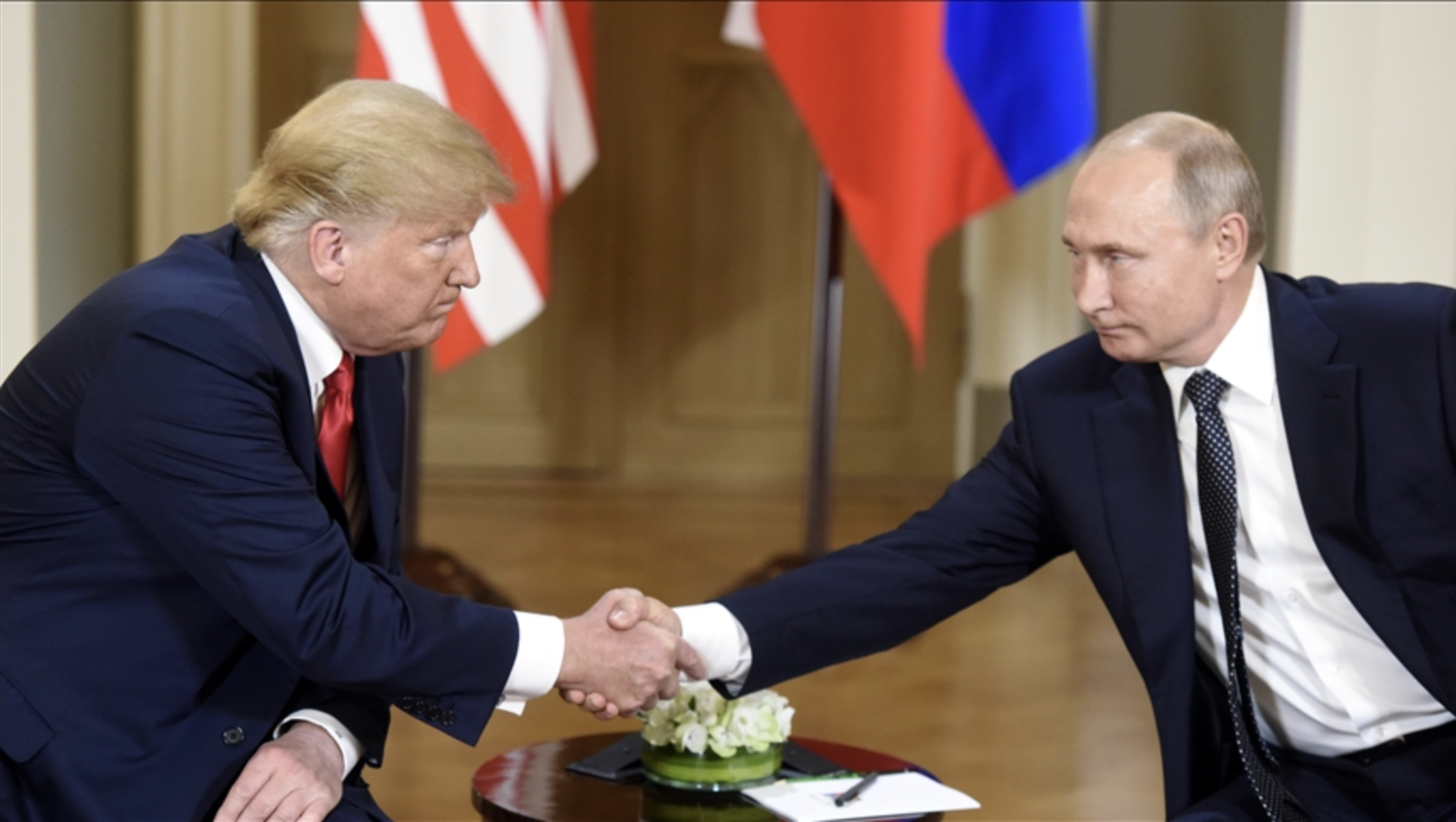
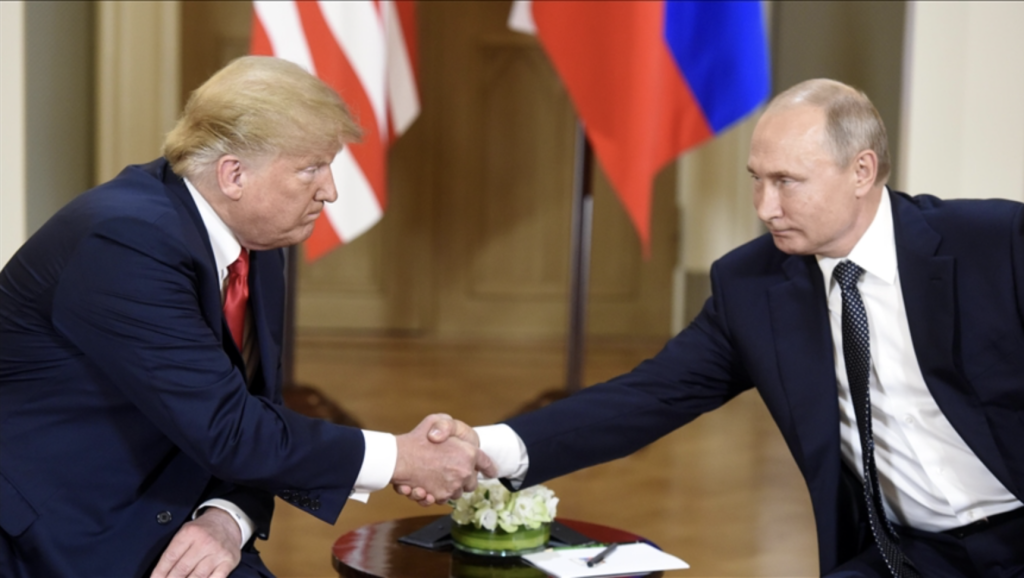
How will Trump’s decisions affect Europe and Türkiye? What global developments will be triggered by the U.S. withdrawal from Europe? Türkiye’s difficult choices… A new era for NATO and Türkiye?
Donald Trump’s warm and friendly phone call with Vladimir Putin and his subsequent approach to determining Ukraine’s fate resembles a real estate mogul deciding which bankrupt casino to offload next. One can almost hear him thinking, “Why pay for something when you can just give it away?”
Trump and his loyal Secretary of Defense, Pete Hegseth, have decided to reshape—or more accurately, abandon—the U.S. global strategy. In their new vision, European security is now entirely Europe’s problem, and NATO expansion has become more outdated than golf courses in Florida. As the U.S. pivots toward the Indo-Pacific (read: China), Washington is effectively offering Russia massive rewards without expecting anything in return.
Hegseth’s shocking statements before NATO defense ministers must have felt like witnessing a pilot take off without a flight plan. The pillars of Western deterrence were systematically dismantled—returning Ukraine to its pre-2014 borders? Unrealistic. NATO enlargement? Unnecessary. U.S. security guarantees? Optional. Putin must have felt like he was watching his own propaganda broadcast.
Who needs Ukraine?
As if Ukraine had not suffered enough indignities, Trump and his team are now planning to solve the crisis without even consulting Kyiv. Why bother including Ukraine in Ukraine’s peace talks? An unnecessary detail! The fact that Zelensky found out about Trump’s call with Putin through a social media post—just like the rest of the world—must be the diplomatic equivalent of learning that your spouse filed for divorce through a Facebook status update.
Even more alarming, Trump appears to have accepted all of Russia’s demands before even sitting at the negotiation table. Crimea? Gone. Donbas and its surrounding regions? Who’s counting? NATO’s role? Shrinking by the day. One wonders what Trump hopes to receive in return—perhaps a Trump Tower in Moscow? Putin’s endorsement in 2028? A set of nesting dolls featuring his face?
Europe’s awakening: Too late?
As Europe realizes that the U.S. is leaving it to fend for itself, leaders from Berlin to Paris are scrambling to secure security guarantees. Emmanuel Macron, once again, is offering grand visions of reform. But will Europe finally listen to itself, or will it simply recognize the U.S.’s absence and turn to the Kremlin for answers?
Trump’s new vision leaves Europe with two options: either struggle to replace U.S. military support (nearly impossible) or bow before Putin. Given the Kremlin’s track record with “reasonable” agreements—Chechnya, Georgia, Syria—Europe might want to consider a third option: truly strengthening its own security.
Putin’s appetite: A true test for Trump
The biggest problem with Trump’s grand geopolitical realignment is Vladimir Putin’s insatiable appetite. No matter how generous Trump may be, the Russian leader will not settle for minor concessions. The neutralization of Ukraine is just a starting point. History has shown us that authoritarian leaders’ appetites grow with every victory. Trump may believe he is striking a master deal, but in reality, he could be leading Europe into chaos.
The Trump Administration is likely to discover a harsh reality: negotiating a peace deal worth its name without the active involvement of the key stakeholders—namely Ukraine and Europe—is an exercise in futility. Any agreement that sidelines Ukraine, the country most directly affected by the war, is doomed from the outset. Likewise, a deal that excludes Europe, which will bear the consequences of any settlement, will not be sustainable in the long run. Without these actors at the table, Trump risks signing an agreement that will be dead on arrival.
Ukraine is not without leverage
Ukraine, for all its dependence on U.S. military aid, is not entirely without leverage. If Kyiv refuses to accept a deal that is forced upon it, Russia will find itself in a difficult position. The very legitimacy of the agreement would be questioned, and Moscow might hesitate before committing to terms that could unravel due to noncompliance. Meanwhile, European nations, many of which have already expressed outrage over Trump’s unilateral approach, are determined to claim their seat at the negotiating table. The outcry from European leaders signals that they will not sit idly by while Washington and Moscow decide their security fate over their heads.
Furthermore, Trump himself may soon find that Putin’s maximalist demands are simply too much to stomach. While Trump may be willing to recognize Russian control over Crimea and parts of eastern Ukraine, Putin is unlikely to stop there. The Russian leader has consistently articulated far-reaching objectives, including NATO rollback, Western disengagement from Eastern Europe, and even a weakened Ukrainian state that serves as a buffer against Western influence. If Trump concedes too much, he risks a backlash not only from Europe but also from within the U.S., where even some Republicans remain wary of ceding too much ground to Russia.
Could even Trump regret this?
In the end, Trump’s choices are not as straightforward as he might hope. If he tries to force a peace agreement without European and Ukrainian consent, he could find himself isolated diplomatically, with a deal that is neither enforceable nor respected. On the other hand, if he pushes back against Putin’s excessive demands, he risks antagonizing the very leader he sought to court. The irony of Trump’s predicament is that he may ultimately be forced to continue the very policies of his predecessor—supporting Ukraine militarily and maintaining NATO cohesion—just to prevent a total geopolitical disaster.
The stage is set for a high-stakes gamble. Trump may believe he is crafting a historic peace deal, but in reality, he could be setting himself up for a humiliating failure that weakens U.S. credibility, emboldens Russia, and fractures the transatlantic alliance. If history is any guide, those who attempt to negotiate with Putin without clear leverage and steadfast allies often find themselves on the losing end. Whether Trump will recognize this before it is too late remains the ultimate question.
